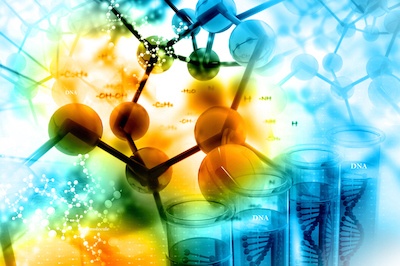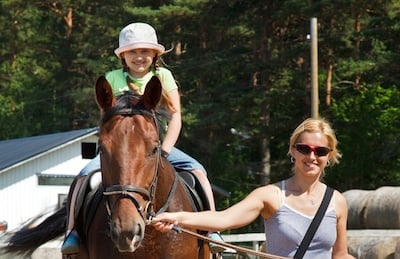Topics: Research
Individuals with PWS present with a very broad range of severity of symptoms, which is why people often refer to PWS as a “spectrum" disorder. A new study funded by FPWR will help us understand how and why there are different degrees of PWS severity,...
Although hyperphagia (excessive appetite) is a hallmark of PWS, it's one of the most difficult features to accurately measure and characterize. Currently, the main tools in this area are questionnaires about food behavior and food interest. These can...
Topics: Research
Individuals with PWS are at higher risk for osteoporosis than the general population. Osteoporosis is due to low bone mineral density and leads to weakened bone strength and increased risk for fractures. Dr. Yossi Tam at the Hebrew University of Jeru...
Topics: Research
We're thrilled to announce our first round of PWS research grants for 2017! Seven outstanding projects were selected for funding, totaling $795,221 in support. These projects address a variety of topics important in PWS, including behavior, genetics,...
Topics: Research
Many parents of individuals with Prader-Willi syndrome (PWS) have been faced with ambiguous information about the dietary supplement coenzyme Q10 (CoQ10). There are plenty of anecdotal reports of supplemental CoQ10 providing a great improvement in me...
Topics: Research
Over the past several years, the PWS community has been fortunate to see several potential therapies for PWS enter clinical trials. To date, the only FDA-approved drug for the treatment of PWS is growth hormone, but it's clear that new medications ar...
Topics: Research
A special contribution by guest blogger Elizabeth Roof Elizabeth Roof is a Senior Research Specialist at the Vanderbilt Kennedy Center and directs six research programs with children and adults with rare genetic disorders including Prader-Willi syndr...
Topics: Research
Sleep disorders are common in Prader-Willi syndrome (PWS). These are associated with central and obstructive apnea, disrupted sleep, and excessive daytime sleepiness. But why exactly do individuals with PWS have abnormal sleep patterns? Dr. Janine La...
Topics: Research
A new study highlighted in Medical News Today further supports the benefits of hippotherapy with regards to behavioral tasks and cognitive development. Hippotherapy is the use of horseback riding as a therapeutic or rehabilitative treatment.
Topics: Research














